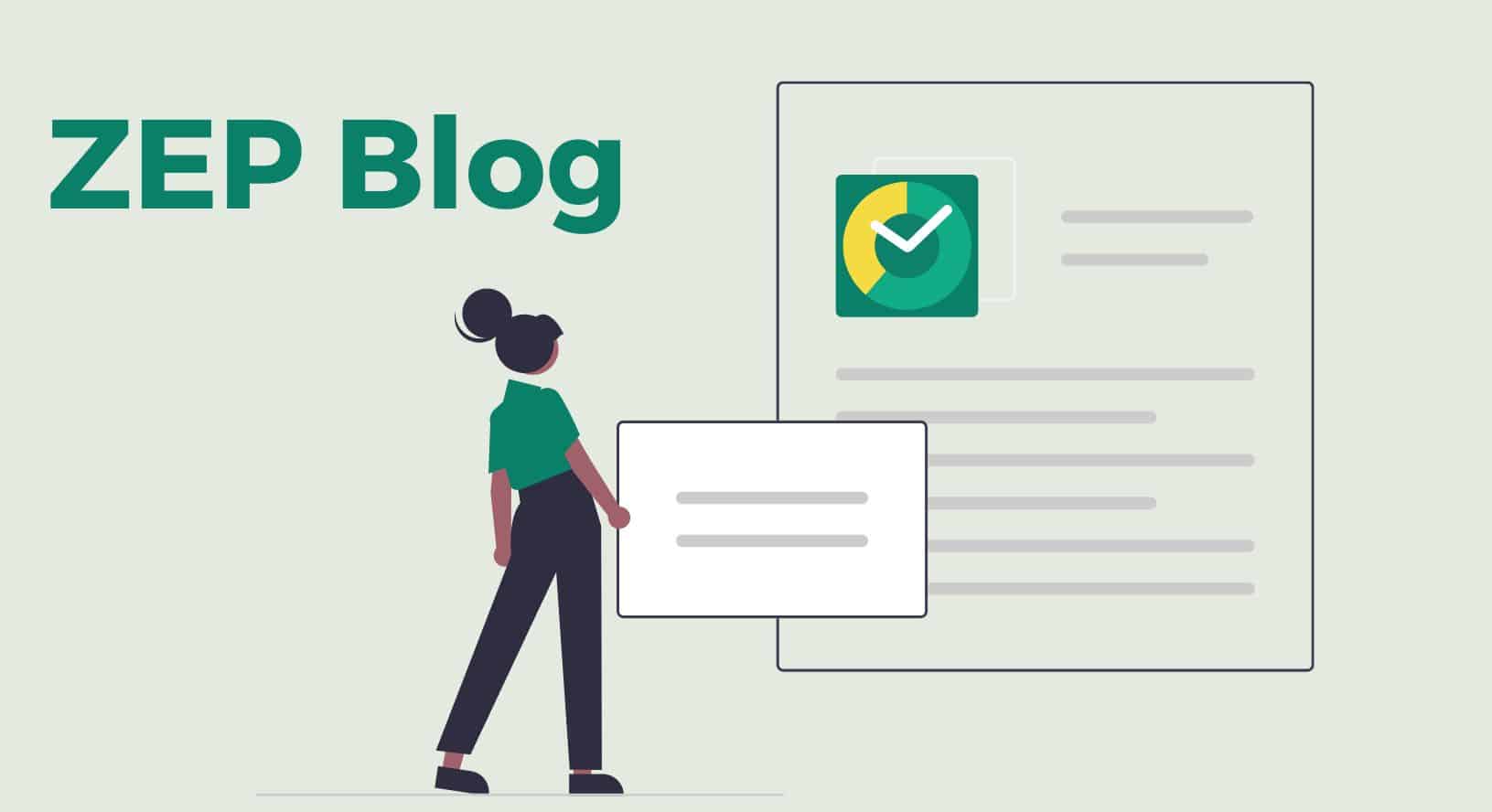As in many other areas of professional and business life, there are also legal regulations and specifications for the recording of working hours in Germany, which companies should definitely observe.

As in many other areas of professional and business life, there are also legal regulations and specifications for the recording of working hours in Germany that companies should absolutely observe. We have summarised the most important ones below:
In principle, the Working Hours Act sets a maximum limit of eight hours per working day (Monday to Saturday) for employees in Germany. The law does not provide for recording obligations. However, according to § 16 ArbZG, certain obligations to record working time are stipulated, for example, if overtime is worked. Thus, according to section 16 sentence 2 ArbZG, the employer is obliged [...] to record the working time of employees exceeding the working day working time of section 3 sentence 1 [...]. The employer is free to choose how to do this, handwritten or electronically.
Already since 1.1.2015, according to § 17 Minimum Wage Act (MiLoG) The law stipulates that employers are obliged to record and document the working hours of marginally employed workers (mini-jobs). At least for each week of employment, the beginning, end and duration of working time minus breaks must be recorded. It is therefore not sufficient to only specify the working time in the employment contract. The obligation to keep records is two years. Only mini-jobs in private households are excluded from the obligation to keep records. Further exemptions and simplifications are contained in the Minimum Wage Recording Ordinance (MiLoAufzV) set.
"Stasi methods at the discounter" - With this "lurid" headline, Spiegel magazine pilloried Lidl in 2008 when it became public that employees of the company were being monitored with mini cameras and their behaviour was being seamlessly documented. The example may be a negative one, but it shows the general problem that recording working hours can quickly "degenerate" into employee surveillance that violates employees' data protection and personal rights. For this reason, data protection experts advise to take the following points into account when recording working hours in order to be on the safe side in terms of data protection law:
In most project-oriented industries (software development, management consulting, services), recording employee working hours is a core element of doing business, especially if the employees' work is carried out on site at the customer. Without time recording, there is no proof of the progress of the project, but also no possibility to invoice the work done. Nevertheless, companies in these sectors should also regularly inform themselves about which legal framework conditions they have to observe. This applies in particular to the Minimum Wage Act, but also to the area of data protection, e.g. the question of which time recording system is used.
With ZEP - Time recording for projects we offer a system that has been tried and tested in practice for years, fulfils all legal requirements and, as described above, is uncomplicated, easy to understand, secure and suitable for project-oriented industries. To fulfil the documentation obligations under the Minimum Wage Act ZEP Clock a customised and legally compliant solution for this area.


Read article ↗

How can you strengthen your employer brand and attract the best talent? Discover 11 effective employer branding measures that will help you stand out from the competition and optimise your recruitment strategy.
Read article ↗
We answer your questions quickly & competently. Contact us by phone or email.
+49 7156 43623-0 or contact form